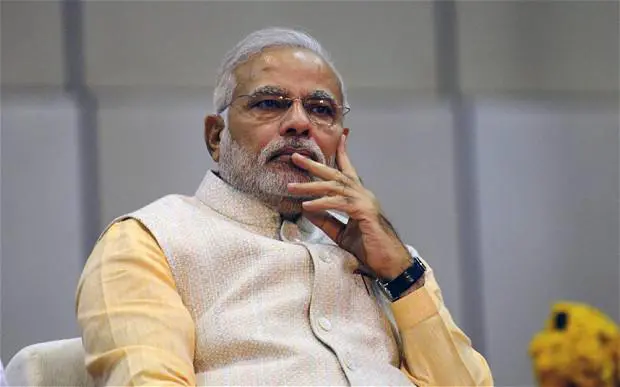Although relieved of an imminent West strike, many Syrians still feel insecure as the West is only putting on hold its plan of a punitive strike on Damascus for its alleged use of chemical weapons.
U.S. President Barak Obama on Tuesday embraced a Russian proposal, which suggests putting Syria's chemical weapons under international control, after his push for a Congressional authorization for the strike yielded little result.
Following the Russian initiative, Obama asked the Congress to delay its vote on the strike to give more time to the diplomatic efforts on the matter.
However, U.S. Secretary of State John Kerry warned that Washington won't wait long for the implementation of the Russian proposal.
The positive developments rekindled hopes among Syrians that their country might escape an attack with unpredictable consequences.
The Syrian pound has appreciated against the U.S. dollar, from 235 for one dollar on Sunday to only 200 on Tuesday.
Also, the Gold price dropped 700 Syrian pounds per gram in a single day.
The Syrian bourse also rallied after months of recession.
However, worries started surfacing among Syrians as they ponder the risks Syria might take if it gives up its chemical arsenal.
One local website, the Syrian Steps, put forward several issues the government should take into consideration before making the final decision.
Firstly, it asked what guarantees the Syrian government and the axis of resistance, namely Damascus, Iran and the Lebanese Hezbollah, will get politically, economically and militarily if it implements the proposal.
"The agreement that the Syrian government puts such dangerous and serious weapon, which is a weapon of deterrence in the face of the Israeli nuclear weapons, under international control, ... is a big step that shouldn't be taken without certain calculations," it said.
The website suggested that Syria should get in exchange a Western pledge to cut off funding and arming the armed groups in Syria and punish countries that violate the rule, in addition to an actual push toward a political solution to the crisis.
Ameer, a Syrian merchant, said although the government's approval for the Russian proposal "was a big step forward in saving the country from a U.S. aggression, ... the price is high and it will make our country more vulnerable to Israel and the West."
He suggested that the government seek guarantees before giving up its weapons "because you cannot trust the Western, U.S. and Israeli intentions."
Huda, a private sector employee, concurred. "We need a permanent and safe solution," he said. "We don't look for a temporary peace."
Syrian Prime Minister Wael al-Halqi said on Tuesday that the Syrian government supported the Russian initiative out of concern for the lives of the citizens and to prevent a war, whose repercussions might go far beyond the region.
He said that the government was keen about "security and stability," adding that it was ready to "cooperate with the various International political initiatives that aim to defuse war.
 简体中文
简体中文





